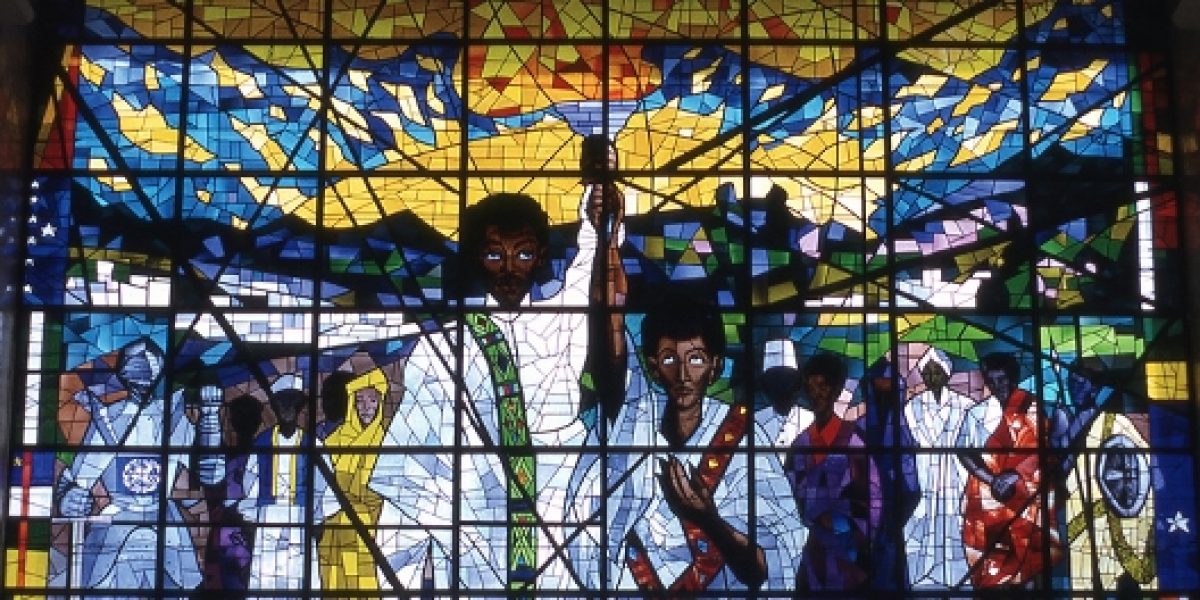It is in this hall that 32 Heads of State and Government of the newly independent states of Africa met on 25 May 1963 to sign the Organisation of African Unity Charter resulting in the formation of the Organisation African Unity (OAU).
25 May continues to hold great significance for Africa and is commemorated each year in what has come to be known as Africa Day. The founding principles of the OAU, namely the promotion of unity and solidarity among African states, the coordination and intensification of cooperation for development, and the preservation of the sovereignty and territorial integrity of member states to promote international cooperation within the framework of the United Nations have been fine-tuned and continue to inform the activities of its successor the African Union (AU). The organisation has provided African member states with a forum that has facilitated the adoption of coordinated positions on matters of common concern to the continent. However, common purpose and action have not always materialised. Libya, Mali and the Democratic Republic of Congo (DRC) are examples of major setbacks.
Fifty years later, representatives of civil society organisations from around the continent are meeting in this historic hall to appraise and review progress made on democracy, governance and development in their countries and under the banner of the African Peer Review Mechanism (APRM).
Based on the founding principles of the OAU/AU and with a vision of entrenching the New Partnership for Africa’s Development (NEPAD) agenda, the APRM is one of several institutions that were created by the AU to be an incubator of African solutions for Africa’s problems. The APRM aims at fostering the adoption of policies, standards and practices that lead to political stability, high economic growth, sustainable development and accelerated sub-regional and continental economic integration. It does through experience-sharing and reinforcement of successful practices, including identification of deficiencies and assessment of needs for capacity building.
Member states join on a voluntary basis with the agreement that they will undertake a process of self-assessment of governance structures after which they will devise strategies to address shortfalls. The participation of citizens and various civil society organisations in the self-assessment phase and the involvement of governance experts and fellow heads of state in the APR Forum are meant to ensure continuous accountability and transparency in matters of governance alongside an effective state-society dialogue.
It is indeed historic that the first ever civil society-led conference that is bringing together representatives from across the continent to appraise the state of governance and development in Africa through the prism of APRM is holding its meeting in Africa Hall. Just as it might have been 50 years ago, the civil society deliberations taking place in Africa Hall on 17 and 18 May 2013 are pegged on high optimism for the continued relevancy of this innovative, African-led mechanism for assessing governance and providing the solutions to address shortcomings.
A critical assessment of how the APRM process can be strengthened to enable people-centred development in Africa forms a major part of the discussions taking place at Africa Hall just ahead of Africa Day and OAU/AU 50th anniversary celebrations.








